Preparing Children for Learning
How do we help children prepare for the demands of the classroom? The 2018 Australian Early Development Census (AEDC) found that 20% of Australian children entering school are developmentally vulnerable…
Call us: 0403 582 669
Email: info@learningconnections.com.au
Our Programs use the power of movement to improve children’s concentration, learning and behaviour.
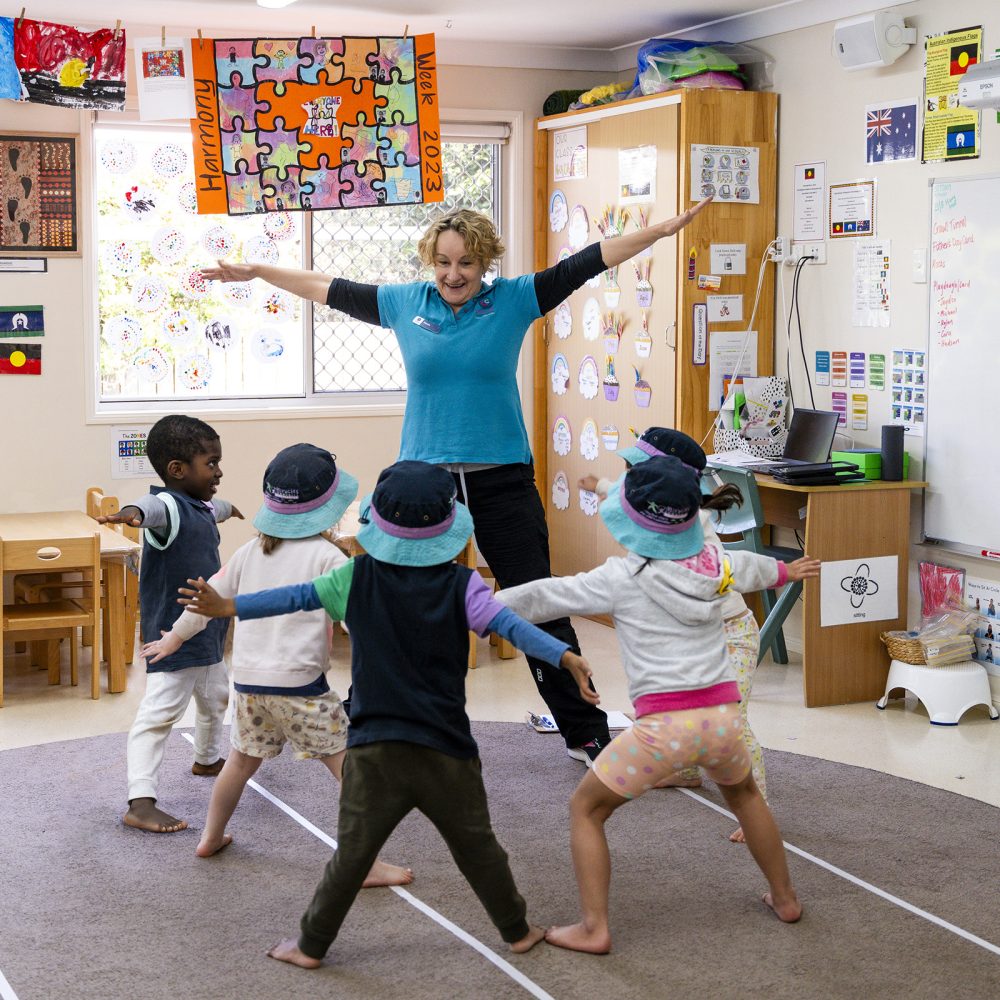

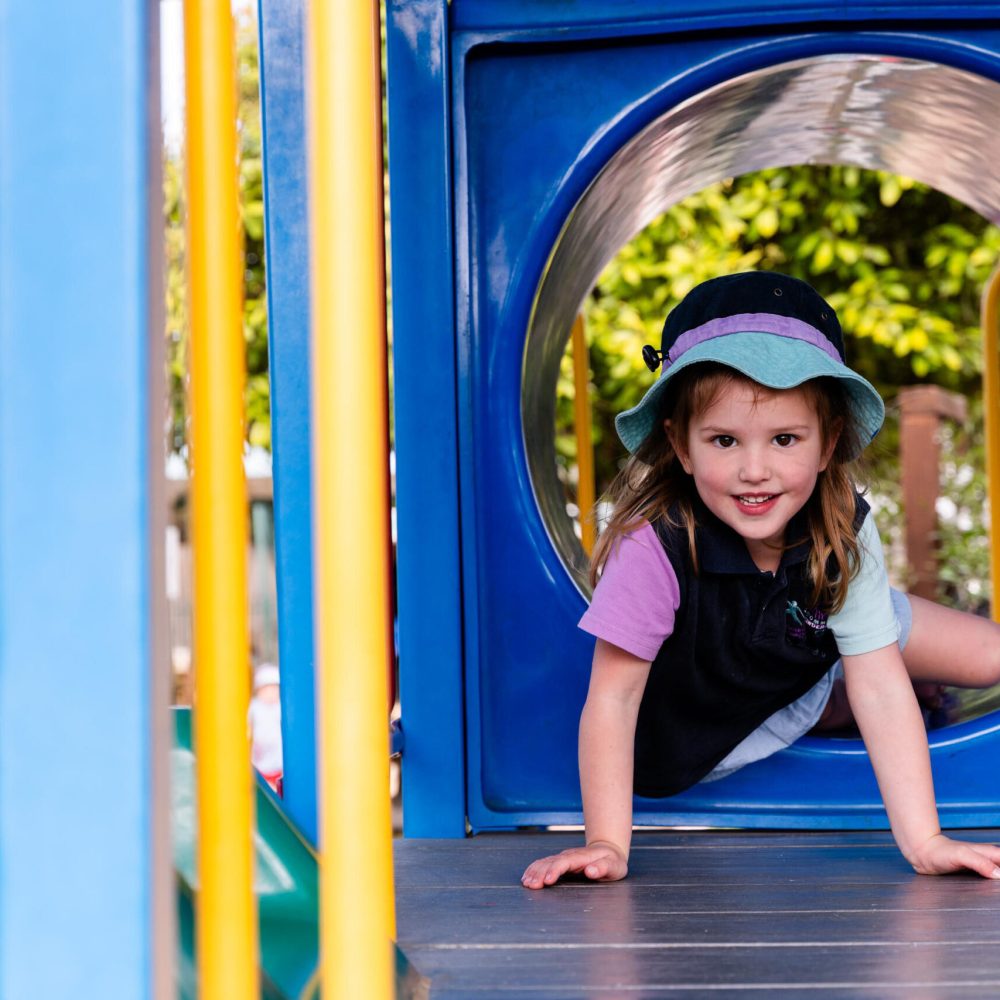

The Learning Connections’ Early Years and School Programs equip teachers and educators with age-appropriate neurodevelopmental movement programs that enhance children’s ability to focus, build their confidence and social skills, and boost their ability to learn. And they’re fun! Educators enjoy delivering the programs and children love doing them.
We offer two programs (with some overlap) based on the age, needs and capabilities of the children you work with – the Early Years Program is for children aged 3 to 7 years and the School Program for children aged 5 to 12 years.
The programs consist of a set of specially designed movement activities for the whole group delivered by teachers and educators and taking 15 to 20 minutes each day. The children perform a series of specific, complex motor movements which require and stimulate cognitive functioning. Research on the effects of such cognitive engagement and executive function increasingly show positive improvement across multiple areas of children’s development including academic achievement, behaviour and social and emotional learning. It’s a simple and effective way to help all children reach their full potential.
We are passionate about making children’s lives easier.
All 6 priority areas of the Kindy Uplift program are supported by our Early Years Program. Funding can be used to train staff and engage whole communities to strengthen change.
We love to work with Kindergartens and Primary Schools, collaborating to establish the Early Years Program across both the Kindergarten and Prep years, as part of a K-2 continuity and alignment strategy.
Continuing the Program over the two years ensures a smooth transition and continuity of routines for children (and parents) and the tangible connection of a shared delivery consolidates the benefits of the Program.
For new staff who haven’t yet completed the Early Years or School Program Stage 1 training, we schedule public workshops at city and regional centres to enable them to complete the two-day workshop and begin implementing the Program.
The Public Workshops are also a great opportunity for staff from smaller centres or schools to complete the training – i.e. where an in-house workshop is not feasible but the centre or school wish to introduce the Program. In this case participants must be committed to completing the Stage 2 follow-up to consolidate the Program at their centre or school.






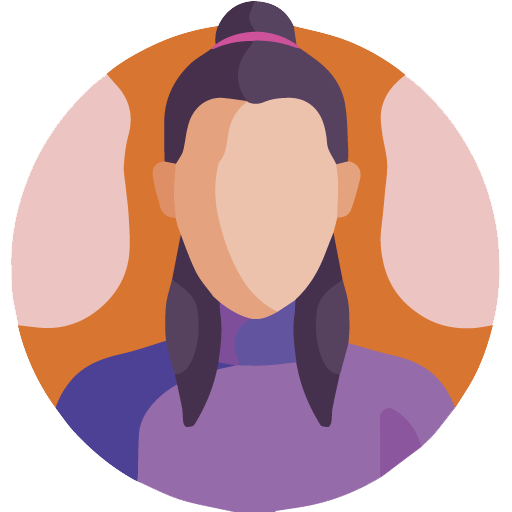

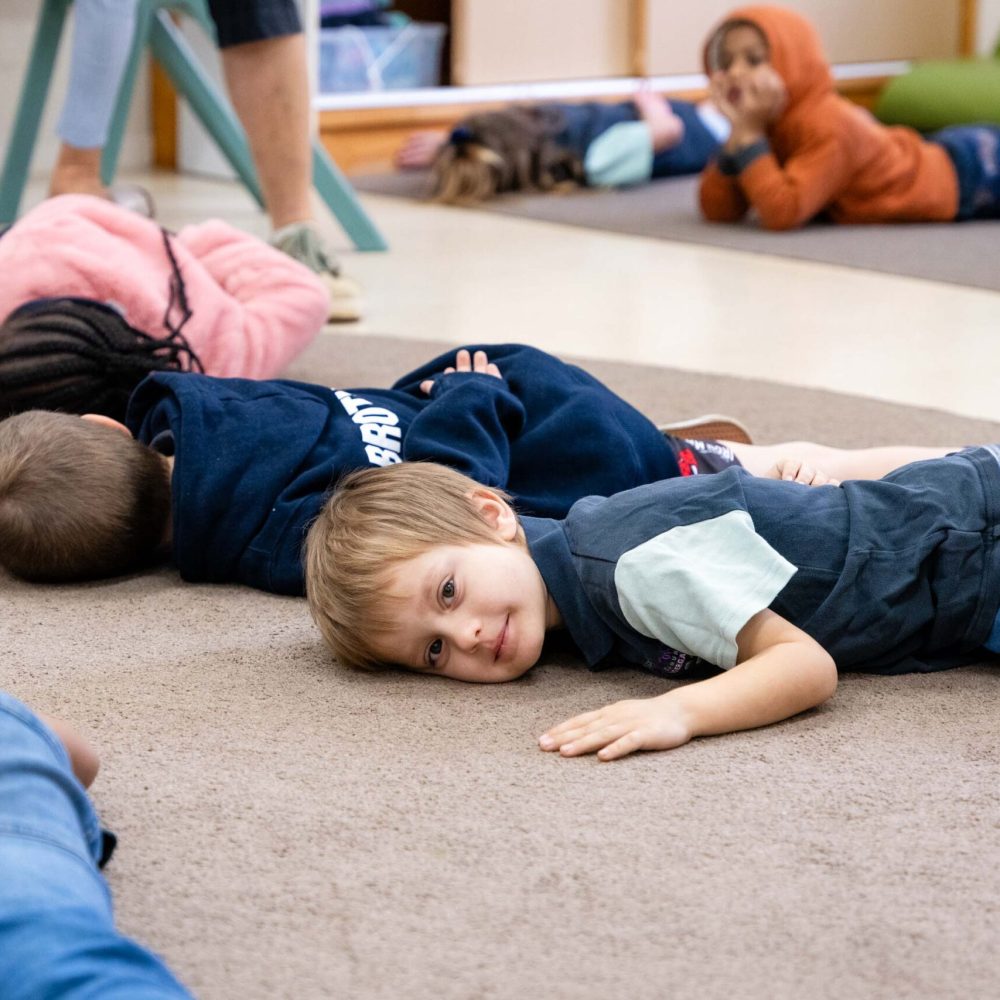


Plan a professional development package with us to implement the Early Years or School Program at your school or educational setting.
Contact Dianne for an obligation-free chat or complete your details below and request a callback. We prepare written proposals for all our clients before they commit.

Just want a refresher or to organise training for yourself? Public workshops are ideal for small centres or when in-house training is not feasible.
Having all children enter school with the skills and developmental capacity to take advantage of schooling is paramount.
Through the years, we’ve helped so many children become the best they can be. We want all kids to thrive, and for parents to enjoy parenting their children.
Complete our questionnaire and let’s chat about whether your child would benefit from a specific assessment and an individualised program, delivered at our Brisbane centre.
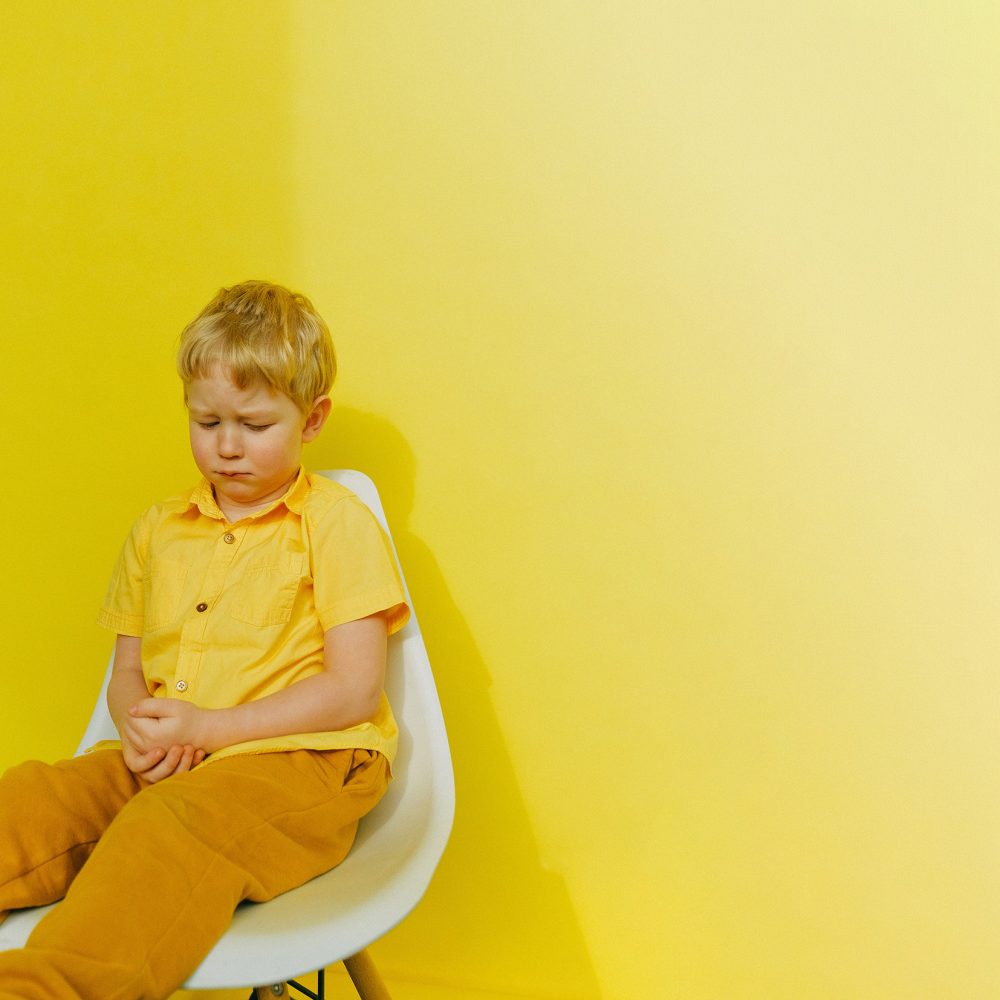


How do we help children prepare for the demands of the classroom? The 2018 Australian Early Development Census (AEDC) found that 20% of Australian children entering school are developmentally vulnerable…
Every experience a child (or any of us) has – a conversation, a story read aloud, a puzzle solved with a friend – leaves a trace in their brain. Some…
A Transformation Through Movement and Learning Early Childhood Educators are frequently challenged to support young children with developmental immaturities. These immaturities can manifest in various ways, such as poor concentration,…
Embedding the Learning Connections Early Years Program In the heart of the Clinton community, Kookaburra Creek Kindergarten has achieved remarkable success establishing the Learning Connections Early Years Program in their…
Why kids need thrill and adventure in play What is Risky Play?“A risky situation is where the outcome might be unknown. Your child might tackle it in a number of…
Brain regions responsible for motor control interact with regions involved in self-regulation – movement programs therefore provide strong support for the development of self-regulation skills. What is self-regulation? Self-regulation is…
In a recent article in The Conversation Kate Highfield highlights the importance of looking at the quality as much as the quantity of screen usage by children. The Australian 24-hour movement guidelines (REF) recommends the following…
A recently published Canadian study has underlined the importance of tummy time for the development of gross motor skills in infants. 1 The study was undertaken by Valerie Carson and her colleagues with…
Does your child: Constantly trip over? Frequently bump into things and people? Frequently fall from chairs? Play too rough? Use too much force when writing? – or not enough? Enjoys…
This week is Healthy Lunchbox Week, an initiative of Nutrition Australia that aims to inspire Australian families to create healthy and enjoyable lunchboxes. Because children consume around 30% of their…
Make the still time better … with these simple movement activities. It’s well established that young children can’t and shouldn’t sit still for long periods of time – children need…
The Australian 24-Hour Movement Guidelines provide the following recommendations for screen time for children [1] – Birth to 2 years – No screen time at all 2 to 5 years – Max 1 hour…